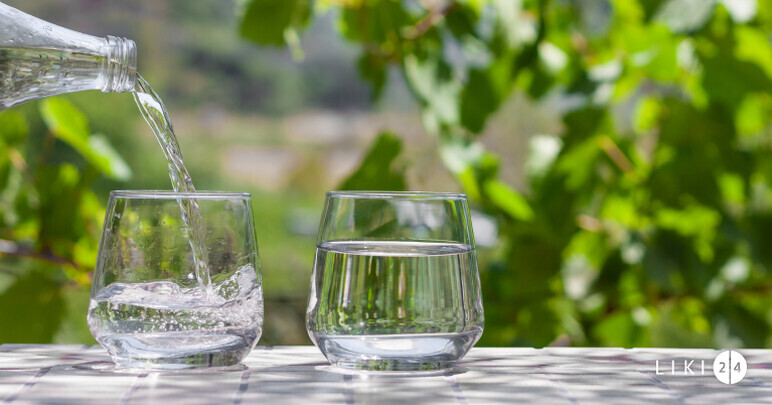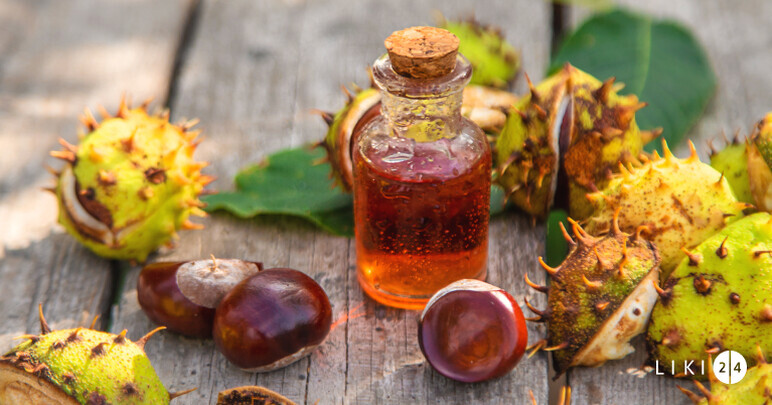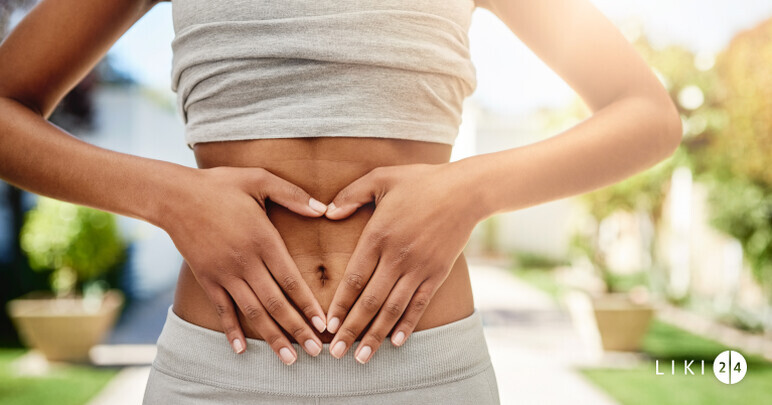Typische Symptome sind:
- oboseal;
- Gefälle;
- sete intense;
- Kopfschmerzen;
- Muskelhärte;
- Magenschmerzen;
- Kratzen und Erbrechen;
- Licht- und Geräuschempfindlichkeit;
- vertij;
- Angst und Reizbarkeit;
- intensives Schwitzen;
- tremur;
- erhöhte Konzentrationsfähigkeit;
- Blutdruckanstieg.
Wann rufen wir den Arzt?
Nach starkem Alkoholkonsum können manchmal schwerwiegende Anzeichen und Symptome auftreten, Anzeichen einer Alkoholvergiftung. Dies ist ein medizinischer Notfall und Sie sollten 112 anrufen, wenn eine Person, die Alkohol konsumiert hat, Anzeichen von:
- Verwirrung;
- Konvulsionen;
- langsame und/oder unregelmäßige Atmung;
- blaue Haut oder blasse Haut;
- niedrige Körpertemperatur (Hypothermie);
- Schwierigkeiten, bei Bewusstsein zu bleiben;
- still (bewusstlos) und kann nicht geweckt werden.
Warum kommt es zu einem Kater?
Krankheit wird durch die Wirkung von Alkohol auf den Körper verursacht. Wie das? Ganz einfach: Alkohol hat direkte Auswirkungen auf die Organe und Funktionen des Körpers. Hier ist, was er tut:
- Dehydrierung - was wiederum Durst, Müdigkeit und Kopfschmerzen verursacht;
- Elektrolyt-Ungleichgewicht;
- Gastrointestinale Probleme - Alkohol reizt die Magen- und Darmschleimhaut, verlangsamt die Verdauung, was zu Magenbeschwerden und Übelkeit führt;
- Entzündungen - Alkohol erhöht die Entzündung im ganzen Körper, was zu einem allgemeinen Kater beitragen kann;
- Glykämie - führt zu Müdigkeit, Schwitzen, Hunger und Zittern.
Außerdem beeinflusst Alkohol den Schlaf und den Hormonspiegel im Körper, was zu verschiedenen Symptomen beiträgt. Der Kater beginnt, wenn der Alkoholspiegel zu sinken beginnt. Die stärksten Symptome treten auf, wenn der Alkoholspiegel den Nullpunkt erreicht.
Welche Faktoren können das Risiko eines Katers erhöhen?
Alkohol ist der Hauptverantwortliche für das Auftreten eines Katers, aber auch andere Bestandteile alkoholischer Getränke können zu den Symptomen beitragen oder den Kater verschlimmern. Solche Chemikalien, die sogenannten Kongenere, können die Auswirkungen eines Katers verstärken. Diese Kongenere sind in der Zusammensetzung bestimmter Arten von alkoholischen Getränken enthalten und tragen zu deren Geschmack und Geruch bei - sie finden sich vor allem in dunklen Getränken wie Whisky oder Rotwein.
Im Allgemeinen hängt die Schwere der Symptome von der Art des konsumierten Alkohols, der Menge, aber auch vom allgemeinen Gesundheitszustand ab. Bei manchen Menschen tritt der Kater auch schon nach einem einzigen Getränk auf, während andere größere Mengen Alkohol konsumieren und keine Symptome haben. Die genetische Variabilität kann dazu führen, dass manche Menschen anfälliger für einen Kater sind als andere. Eine genetische Variabilität, die sich auf die Verstoffwechselung von Alkohol auswirkt, kann bei manchen Menschen dazu führen, dass sie schon nach dem Genuss einer kleinen Menge Alkohol rot werden, schwitzen oder starke Kater-Symptome bekommen.
Weitere Risikofaktoren für Kater sind:
- Alkoholkonsum auf nüchternen Magen;
- Rauchen in Kombination mit Alkohol - Rauchen erhöht die Wahrscheinlichkeit eines Katers;
- Schlafentzug nach Alkoholkonsum.
Hungover Behandlung und Heilmittel
So unangenehm sie auch sind, die meisten Kater-Symptome vergehen von selbst, obwohl sie bis zu 24 Stunden oder länger anhalten können. Wenn Sie sich entscheiden, Alkohol zu konsumieren, ist es wichtig, dies verantwortungsvoll zu tun, um einen Kater zu vermeiden.
Ein Kater sollte seinen üblichen Lauf nehmen, sobald er auftritt. Dazu muss der Körper sich selbst regulieren, während der Alkohol aus dem Blutkreislauf entfernt wird. Kater-Symptome klingen in der Regel innerhalb von 8 bis 24 Stunden ab, können aber manchmal auch länger andauern. Der Körper muss die toxischen Nebenprodukte des Alkohols ausscheiden, sich rehydrieren, das Gewebe heilen und die normale Funktion und Aktivität wiederherstellen.
Es gibt auch einige Katerheilmittel, die in manchen Fällen hilfreich sein können:
- erhöhte Wasseraufnahme zur Verringerung der Dehydrierung - zuerst Wasser trinken, um den Körper zu rehydrieren;
- Essen von fettarmen Nahrungsmitteln mit komplexen Kohlenhydraten, wie Toast oder Cracker - um den Blutzucker zu normalisieren und Übelkeit zu reduzieren;
- Schlaf und Ruhe.
Katerpillen - welche Pillen helfen bei einem Kater?
Hungover-Pillen können helfen, aber nicht immer. Zum Beispiel können Antazida Magenbeschwerden lindern, und Aspirin (wie Alka-Seltzer Brausetabletten) oder andere nichtsteroidale Entzündungshemmer wie Ibuprofen oder Naproxen können Kopf- oder Muskelschmerzen lindern. Sie sollten jedoch in Maßen eingenommen werden, da sie Magenbeschwerden verursachen können. Nehmen Sie kein Paracetamol - es kann in Verbindung mit Alkohol leberschädigend sein.
Mischungen aus Vitaminen und Mineralstoffen, wie Vitamin C, Vitamin B6, B5, B12 usw., Elektrolyten oder anderen Inhaltsstoffen mit antioxidativer, vitaminisierender und remineralisierender Wirkung, wie Emetix Hangover, Alcovit oder Morning Recovery können manchmal hilfreich sein. Solche Katermittel sind in der Regel in auflösbaren Beuteln, Kater-Brausetabletten oder in flüssiger Form erhältlich.
Wie kann man einen Kater verhindern?
Im Allgemeinen gilt: Je mehr Alkohol Sie trinken, desto wahrscheinlicher ist es, dass Sie am nächsten Tag einen Kater haben. Es gibt jedoch keine Formel, die Ihnen sagt, wie viel Sie ohne Bedenken trinken können, ohne einen Kater zu bekommen. Hier sind jedoch einige Empfehlungen gegen Kater:
- Zuerst einmal: Konsumieren Sie Alkohol in Maßen und beschränken Sie Ihren Alkoholkonsum.
- Auch eine kohlenhydratreiche Mahlzeit, wie brauner Reis oder Nudeln, kann dazu beitragen, dass der Alkohol langsamer in den Blutkreislauf aufgenommen wird.
- Halten Sie nach Getränken Ausschau, die eine hellere Farbe haben und einen geringeren Gehalt an Kongeneren aufweisen - eine Reihe von chemischen Nebenprodukten, die bei der alkoholischen Gärung entstehen und den Getränken ihren spezifischen Geschmack verleihen.
- Mieden Sie kohlensäurehaltige Getränke, die die Aufnahme von Alkohol in den Blutkreislauf beschleunigen.
- Vermeiden Sie das Rauchen, das einen Kater verstärken kann.
- Konsumieren Sie konsequent ausreichend Wasser, wenn Sie Alkohol trinken, auch vor dem Schlafengehen.
- Genug Schlaf.
Vorbeugen ist immer die beste Katerkur. Die einzige Möglichkeit, einem Kater vorzubeugen, besteht darin, Alkohol ganz zu vermeiden oder in Maßen zu trinken. Da jeder Mensch eine andere Toleranzschwelle hat, ist "maßvoll" von Person zu Person unterschiedlich.


 Wellness
Wellness  Fitness
Fitness  Ernährung
Ernährung  Schönheit
Schönheit  Wellness
Wellness  1338 angesehen
1338 angesehen 


 Vorheriger Artikel
Vorheriger Artikel 







